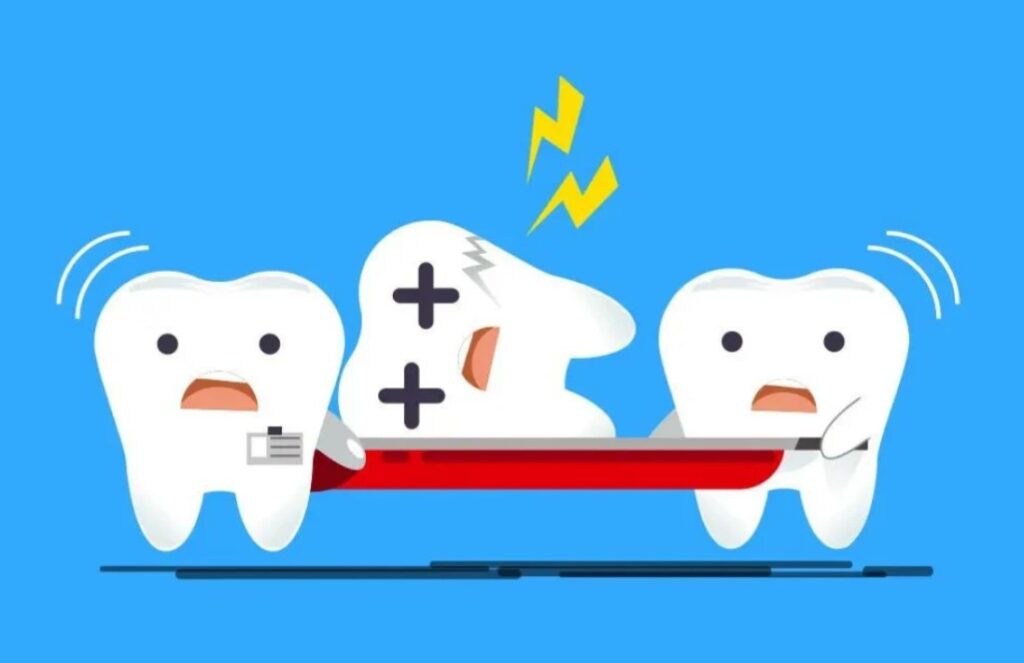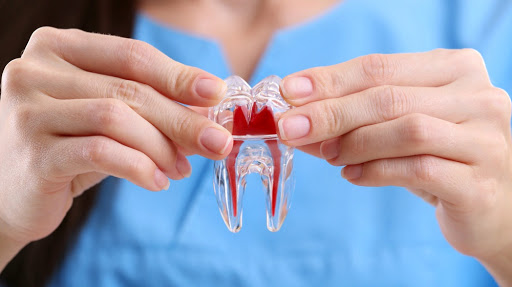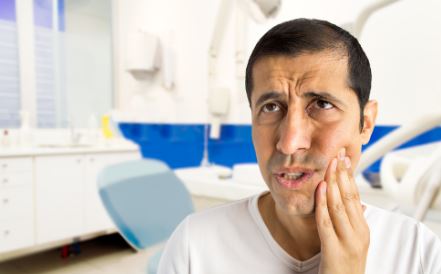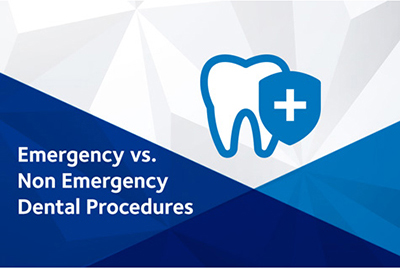
When dental emergencies strike, they can bring intense pain, discomfort, and stress, often catching people off guard. In San Antonio, finding immediate and reliable emergency dental care is crucial to alleviate symptoms and prevent complications. Today, we are going to cover common dental emergencies, signs you need urgent care, tips to prevent them, and where to find top-notch emergency dental services in the San Antonio area.
Understanding Dental Emergencies
Dental emergencies cover a wide range of situations, from severe toothaches and broken teeth to lost fillings or infections. While not every dental issue requires immediate attention, some situations do, particularly if they involve intense pain, bleeding, or risk of infection.
Here are some common emergencies and what to do when they arise.
- Severe Toothaches
Tooth pain can often indicate underlying issues, like cavities, gum disease, or infections. Severe tooth pain that doesn’t go away with over-the-counter pain medication, especially when accompanied by swelling or fever, could indicate an abscess or infection. Emergency dental treatment is essential to diagnose and manage the problem and to prevent the spread of infection. - Broken, Cracked, or Chipped Teeth
Accidents happen, and trauma to the mouth can lead to broken or cracked teeth. While minor chips can sometimes wait for regular dental appointments, a significantly broken or cracked tooth should be addressed immediately, as it could expose nerves, leading to pain and increased infection risk. - Knocked-Out Tooth
If a tooth is knocked out due to trauma, act quickly. Keep the tooth moist (either in saliva or milk), and seek dental help within an hour for the best chance of saving it. Emergency dentists in the San Antonio area can often reattach knocked-out teeth if you get prompt care. - Lost or Loose Fillings and Crowns
Fillings and crowns protect sensitive areas of the teeth. When they become loose or fall out, the underlying tooth is left vulnerable to damage, decay, and discomfort. Emergency dental services can provide a temporary or permanent solution to keep your smile intact and your teeth protected. - Abscessed Tooth or Gum Infection
Dental abscesses are serious infections that can cause swelling, severe pain, and even fever. Left untreated, infections can spread to other areas, making it essential to seek emergency care if you suspect an abscess. - Soft Tissue Injuries
Injuries to the gums, lips, tongue, or inner cheeks can result from accidents or falls. If bleeding is severe and doesn’t stop after applying pressure, it’s best to consult an emergency dentist to prevent further complications and ensure proper healing.
Recognizing the Signs of a Dental Emergency
Not every dental issue is an emergency. However, certain symptoms indicate the need for immediate emergency dental San Antonio care, including:
- Unbearable pain that doesn’t subside with painkillers
- Severe bleeding that doesn’t stop with pressure
- Swelling in the mouth, face, or neck associated with tooth or gum pain
- Fever accompanying any oral discomfort
- Loose or knocked-out teeth in adults
- Visible pus or abscess around the teeth or gums
- Difficulty eating, swallowing, or breathing due to a dental issue
If you experience any of these symptoms, it’s wise to contact Gary Skrobanek, DDS at GPS Dental for emergency dental San Antonio care as soon as possible.
Steps to Take During a Dental Emergency
In the moments after a dental injury or severe tooth pain, it’s important to remain calm and take steps to protect the affected area:
- Rinse the mouth with warm water to keep it clean and remove any debris.
- Apply a cold compress to the outside of the mouth or cheek to reduce swelling.
- Avoid using the affected area to chew or bite down.
- Take over-the-counter pain relief (like ibuprofen) to manage pain temporarily, but avoid aspirin, as it can increase bleeding.
- For knocked-out teeth, keep the tooth moist by placing it in milk, saline, or saliva until you get to the dentist.
How to Find a Dentist that Offers Emergency Dental San Antonio
If you’re dealing with a dental emergency, finding prompt care is essential. Fortunately, the San Antonio area has numerous emergency dental options that are equipped to handle urgent dental issues. Here’s how to locate the best emergency dental San Antonio services near you:
- Research Clinics Offering Emergency Services
Not all dental practices are equipped for emergency situations. Look for practices that explicitly offer emergency dental care in the San Antonio area and are open outside regular hours. Many dental offices provide online resources or emergency phone numbers for fast assistance. - Check Patient Reviews and Ratings
Patient reviews can provide insights into the quality of care, responsiveness, and compassion of a dental practice. Practices with high ratings for emergency services are likely experienced in handling urgent dental issues. - Inquire About After-Hours Services
Some dental offices in the San Antonio area have extended hours or emergency lines for after-hours situations. Calling ahead to confirm availability, even if it’s after business hours, can help you locate care when you need it most. - Know Your Insurance Coverage
Check with your dental insurance provider to understand your coverage for emergency visits. Some insurance plans may cover a portion of emergency care costs. Many San Antonio dentists also offer payment plans to help ease the financial burden of unexpected emergencies. - Establish a Relationship with a Local Dentist
Regular checkups can help prevent many emergencies, and having a trusted San Antonio dentist means you’ll have a familiar place to turn during emergencies. Building a relationship with a dentist can streamline access to care, as they already know your dental history and needs.
Preventing Dental Emergencies
While some emergencies, like accidents, are unavoidable, many common dental issues are preventable with good oral hygiene practices and regular checkups. Here are some tips to avoid emergencies:
- Maintain Regular Dental Checkups
Regular cleanings and exams help detect issues before they become painful emergencies. Your dentist can spot cavities, gum disease, and signs of infections, treating them early and reducing your risk of pain or complications. - Practice Good Oral Hygiene
Brush at least twice a day, floss daily, and use mouthwash to keep your mouth clean. Good oral hygiene reduces the risk of decay, infections, and gum disease. - Wear Protective Gear During Sports
Mouthguards can prevent tooth fractures and injuries, especially in high-contact sports. Custom-fitted mouthguards offer the best protection and comfort. - Avoid Hard Foods and Bad Habits
Hard foods, such as ice or unpopped popcorn kernels, can chip or crack teeth. Avoid chewing on non-food items (like pens) and stop bad habits, such as using teeth as tools or biting nails. - Address Dental Issues Promptly
If you notice sensitivity, mild pain, or other unusual symptoms, don’t wait. Addressing minor dental issues can prevent them from becoming severe, urgent situations.
Why San Antonio Residents Need Access to Emergency Dental Care
San Antonio residents lead active lives, and having access to emergency dental San Antonio care provides peace of mind, ensuring that urgent issues can be handled effectively and promptly. Whether it’s an intense toothache or a sudden injury, knowing where to find reliable emergency care is crucial for managing pain and protecting long-term oral health.
Emergency dental services not only relieve pain and resolve the immediate problem but also prevent more serious complications. Untreated infections can spread, fractures can worsen, and pain can impact daily life, from work to sleep. That’s why having emergency dental San Antonio options readily available is an invaluable asset to San Antonio-area residents.
We Want to be Your Emergency Dental San Antonio Resource
Dental emergencies can happen at any time, and knowing what to do—and where to go—can make a big difference. In San Antonio, residents have access to top-tier emergency dental San Antonio services that prioritize prompt and effective care. By understanding common emergencies, taking preventive measures, and knowing the steps to find reliable emergency care, you can protect your oral health and reduce the stress that often accompanies unexpected dental issues.
Dr. Gary P. Skrobanek’s experienced and friendly team at GPS Dental offers affordable dental care for all ages in San Antonio, TX area. Our Brooks City Base dentist office is conveniently located and offers early morning appointment times Monday through Friday to meet your needs. At GPS Dental, we promote dental health awareness to our patients and provide most dental services, from family and general dentistry to dental implants, sleep apnea, TMJ / TMD Treatment, cosmetic dentistry and much more. We accept most dental insurance plans and offer affordable financial solutions for any budget. Call us at 210-633-3477 to make an appointment.















